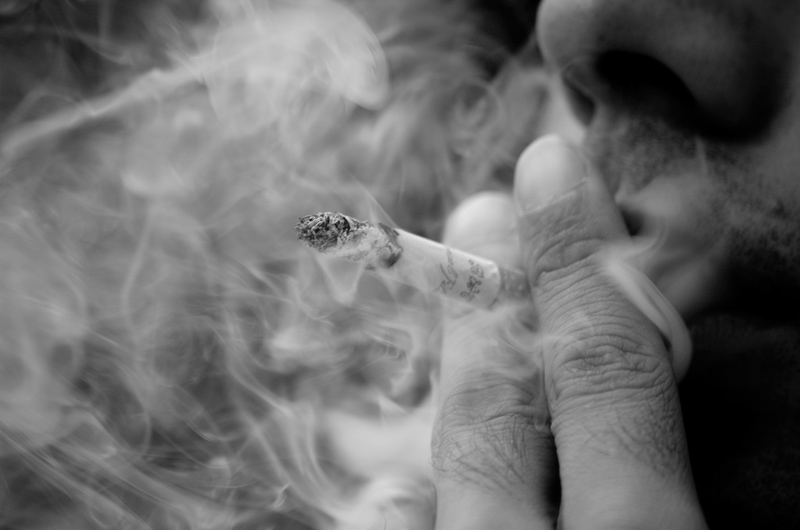Submitted by Anne Landman on
 The Philippines has enacted a law that treats the exposure of women to secondhand smoke in the home as a form of domestic violence punishable by law. Under the law, a woman can seek a protection order requiring her partner to stop smoking around her. Between 1981 and 1989 Philip Morris (PM) performed at least 115 studies at their secret overseas biological labs on the toxicity of secondhand tobacco smoke and found that secondhand smoke is four times more toxic by inhalation and 2-6 times more tumorigenic on skin than mainstream smoke (the smoke the smoker himself inhales). PM never published their studies or shared the information with governments or the public. PM also carried out elaborate media strategies in the U.S. and other countries aimed at confusing the public about the health dangers of secondhand smoke. Deborah Sy, a legal consultant with the Health Justice Foundation in the Philippines, explained the law by saying "Exposing another to second hand smoke has the same effect as exposing someone to poisons and dangerous toxins. It is an act that has immediate effects such as nausea, dizziness, headache or irritation of respiratory system. Normally, the exposure to smoking suffered by women is prolonged. Hence, the damage to the body is more significant."
The Philippines has enacted a law that treats the exposure of women to secondhand smoke in the home as a form of domestic violence punishable by law. Under the law, a woman can seek a protection order requiring her partner to stop smoking around her. Between 1981 and 1989 Philip Morris (PM) performed at least 115 studies at their secret overseas biological labs on the toxicity of secondhand tobacco smoke and found that secondhand smoke is four times more toxic by inhalation and 2-6 times more tumorigenic on skin than mainstream smoke (the smoke the smoker himself inhales). PM never published their studies or shared the information with governments or the public. PM also carried out elaborate media strategies in the U.S. and other countries aimed at confusing the public about the health dangers of secondhand smoke. Deborah Sy, a legal consultant with the Health Justice Foundation in the Philippines, explained the law by saying "Exposing another to second hand smoke has the same effect as exposing someone to poisons and dangerous toxins. It is an act that has immediate effects such as nausea, dizziness, headache or irritation of respiratory system. Normally, the exposure to smoking suffered by women is prolonged. Hence, the damage to the body is more significant."
